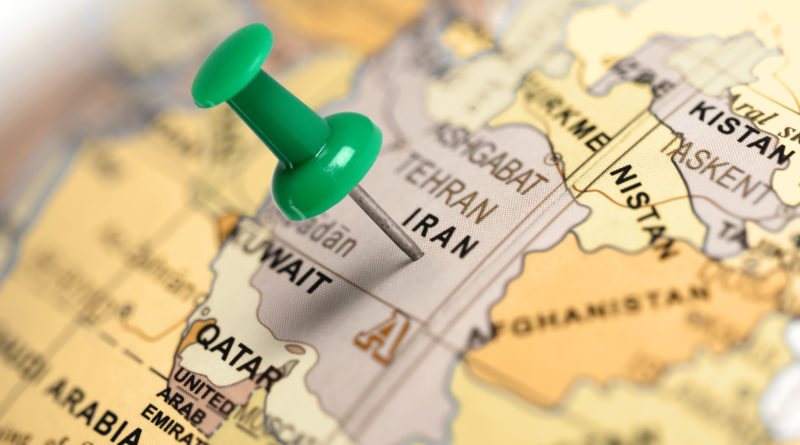After Last Week’s Iranian Oil Tanker Incident, Is War Coming?
20,436 total views, 1 views today
On June 13th, two international oil tankers were attacked in the Gulf of Oman off the Iranian coast. The attacks followed months of tension between the U.S. and Iran, and President Donald J. Trump’s Secretary of State, Mike Pompeo, was quick to blame Iran for the tanker attacks. Since then, many have wondered if the long-brewing possibility of war between the U.S. and Iran has become inevitable.
To understand whether war will break out between the U.S. and Iran, it’s important to look back to the initial source of tension between the two nations. In 2015, Iran and the U.S. entered a nuclear arms agreement that set strict rules on Iran’s then-growing nuclear program. However, last year, under President Trump’s rule, the U.S. withdrew from the accord. Following this decision, the Trump administration has adminstered sanctions and taken other actions that have drastically undercut Iran’s ability to export oil, its top product. As a result, Iran’s economy has suffered tremendously, and the nation could eventually resort to military action to restore its stability.
The U.S. is currently preparing for such action. On June 18th, President Trump sent 1,000 additional American troops to the Middle East. This decision was a response not only to last week’s oil tanker attacks — for which Iran has yet to admit responsibility, despite Secretary of State Pompeo’s insistence — but to a crucial announcement that Iran made on June 17th. That day, Iran declared that it might begin enriching uranium to a level that comes extremely close to weapons-grade, marking a staunch turn from the 2015 Iran nuclear agreement. Thus, the U.S. is not only sending soldiers capable of combat to Iran, but intelligence and surveillance forces are also headed to the country to investigate the validity of Iran’s nuclear capabilities.
With troops being sent to Iran just earlier this week, war tensions may be reaching a fever pitch. In response, China — with whom President Trump’s administration has traded no shortage of barbs — criticized the President’s ongoing handling of Iranian affairs. Chinese State Councillor Wang Yi condemned the “extreme pressure” that the U.S. has been applying on Iran and urged both nations to reenter the 2015 nuclear accord. Yi further insisted that any actions taken against Iran would violate international law and further exacerbate an already tenuous situation. China certainly has a stake in the matter, as the country is a prominent importer of Iranian oil, on which the U.S. has imposed strict sanctions.
Even preceding recent days’ escalation of tensions between U.S. and Iran, commentators have begun comparing a potential Iran war with the infamous Iraq War started under President George W. Bush’s reign. Some critics have said that an Iran war would be based on false pretenses just as the Iraq War was, and others have pointed to a potential Iran conflict as an even more exaggerated, risky move than the Iraq war.
A war with Iran could certainly benefit President Trump. Many historians have noted that presidents who have sought reelection during wartime have never lost, and currently, Trump is not polling well among 2020 prospects.

